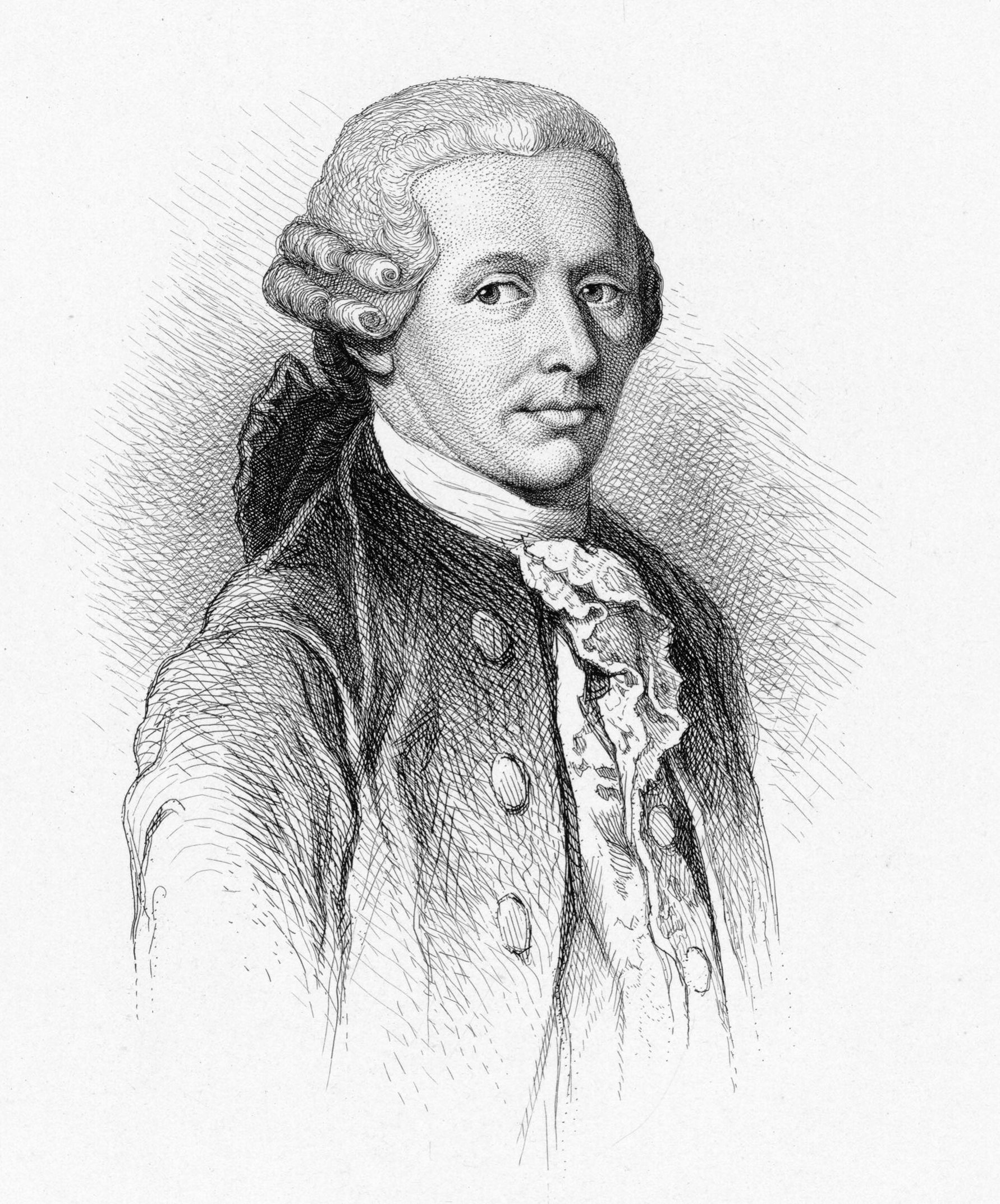Haydn << HYD uhn >>, Joseph (1732-1809), was an Austrian composer. He ranks among the most important composers to lead the development of instrumental and vocal music during the middle and late 1700’s. Many of his compositions helped set standards for musical style and taste in the late 1700’s.

Haydn wrote over 80 string quartets and established many of the basic characteristics of that form. He also wrote many other chamber works, mainly trios. His symphonies are numbered through 104, but he probably wrote about 108. His later symphonies are among the most complex and mature works of his day. Haydn gave many of them titles associated with an aspect of the symphony. For example, Symphony No. 94 is called the Surprise because it includes an unexpected loud chord shortly after the soft beginning of the second movement. Among Haydn’s other instrumental works are overtures, concertos, incidental music for theater works, sonatas, and pieces for harpsichord or piano.
Loading the player...Haydn wrote a number of cantatas and oratorios, the most significant being his oratorio The Creation (1798). He also composed masses for chorus, soloists, and small orchestra. Haydn wrote several operas, but they are seldom performed today.
Franz Joseph Haydn was born on March 31, 1732, in Rohrau, near Vienna. At the age of 8, he was admitted to the choir of St. Stephen’s Cathedral as a soprano. After his voice changed, he continued to live in Vienna while working as a teacher and free-lance musician. He also studied music, notably with the Italian composer Nicola Porpora.
In 1761, Haydn began his employment with the Esterhazy family, who were wealthy Hungarian nobility. For about 30 years, he was responsible for composing and performing most of the music at the Esterhazy court. In that position, Haydn wrote many chamber works, keyboard pieces, and symphonies, and almost all his operas. In 1781, Haydn met the young Wolfgang Amadeus Mozart, and the two seem to have become close friends who admired each other’s compositions.
Loading the player...London Symphony No. 103
After Prince Nikolaus Esterhazy died in 1790, Haydn made Vienna his permanent home. In 1791, he visited England at the invitation of the music promoter Johann Peter Salomon to present a number of concerts. While returning to Vienna, Haydn stopped in Bonn, Germany, where he met the young Ludwig van Beethoven and agreed to accept him as a pupil. In 1794, Haydn returned to London to present more concerts. During his London visits, he wrote 12 symphonies (numbers 93 to 104), known as his London symphonies. He died on May 31, 1809.
See also Classical music (The Classical period).
Loading the player...London Symphony No. 104 by Joseph Haydn
